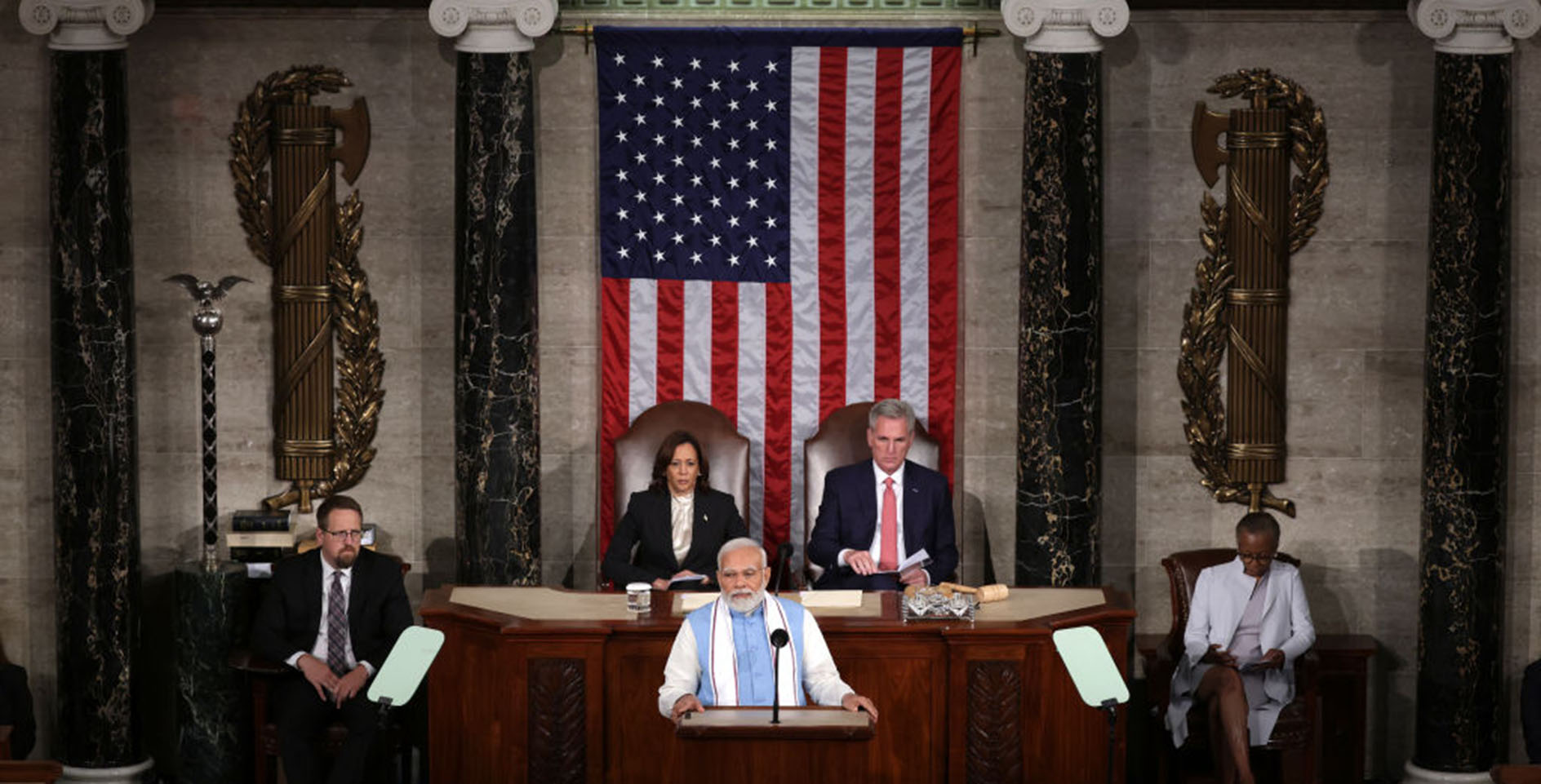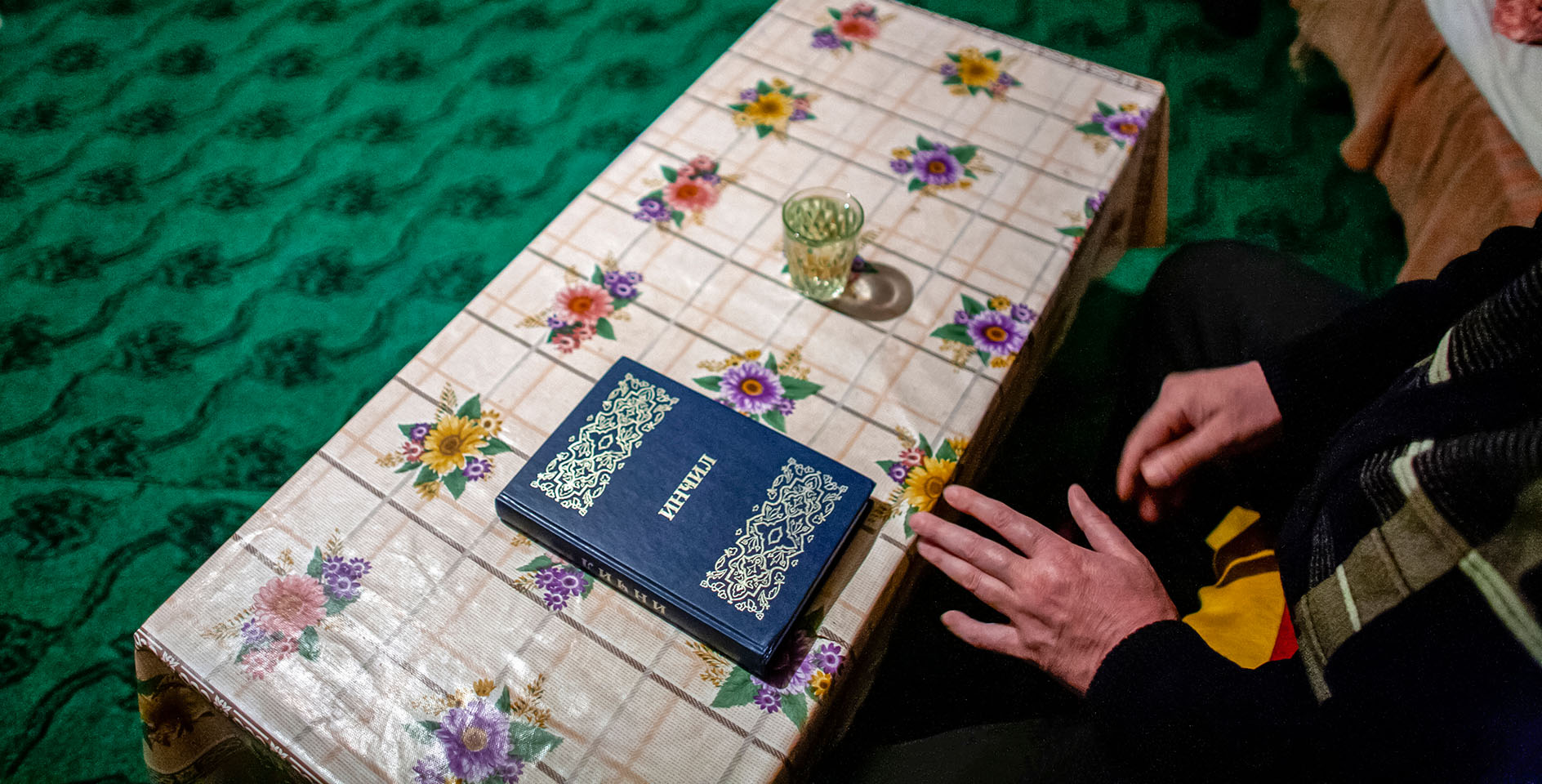Baptists have been committed to religious liberty since their earliest days. This was both a pragmatic and theological position. As Dissenters from the Church of England and its state religion, they faced persecution and imprisonment. At the same time, because of their commitments to believer’s baptism (rather than infant baptism) and congregational autonomy, they were theologically opposed to a link between the state and the church. This was especially true for Thomas Helwys (c.1575 – c.1616), who was one of the early General Baptists (those who accepted a belief in general redemption rather than the Reformed doctrine of particular redemption) in England.
Helwys would eventually die in prison for his writings arguing that King James I was limited in his authority over the religious affairs of individuals. Helwys holds the distinction of being the first person to call for universal liberty in English, writing that “If the Kings people be obedient and true subjects, obeying all humane lawes made by the King, our Lord the King can require no more . . . Let them be heretics, Turks, Jews or whatsoever, it appertains not to the earthly power to punish them in the least measure.” For modern Baptists, Helwys is an exemplar of the tradition’s commitment to religious liberty for all, not just Baptists, as well as the importance of calling the state to account when it transgresses its authority.
Thomas Helwys’ context
The period of Helwys’ birth and early life was one of transition for England. With the death of Elizabeth in his teen years, and the assumption of James VI of Scotland to the throne of England (becoming King James I), the country was faced with a question of how it would deal with the religious divisions within the kingdom. James was not in favor of returning the country to Catholicism (as Queen Mary had done prior to Queen Elizabeth), but he also was not in favor of allowing Dissenters to worship freely, believing that the church and state should support one another (summarized in his statement that “No bishop, no king.”). As such, many groups were forced to meet and worship in secret, Separatists and Congregationalists — the forerunners of Baptists who were committed to congregational autonomy but practiced infant baptism — among them.
However, Helwys was committed to his faith and was one of the most economically well-off members of the early movement. He helped finance the move from England to Denmark of the congregation led by John Smythe who were fleeing persecution. When they arrived, he and Smythe were convinced of the doctrine of believer’s baptism and after Smythe baptized himself, Helwys became the first person to be baptized in the congregation. Helwys would eventually separate from Smythe when the latter joined the Mennonite tradition.
Instead, Helwys, believing that it was wrong for the group to escape persecution, returned to England with a small contingent and founded the first General Baptist church in the country. He would also publish his work A Short Declaration of the Mystery of Iniquity that led to his eventual imprisonment in Newgate Prison for treason. He died in prison in 1616, still fervently defending the principles of religious liberty and suffering the consequences of his radical beliefs.
Thomas Helwys’ A Short Declaration of the Mystery of Iniquity
Thomas Helwys’s most famous work, A Short Declaration of the Mystery of Iniquity, is a defense of the nascent Baptist movement’s separation and difference from the Anglican church and the other Separatist movements of the period. The book uses apocalyptic language and parallels the papacy with the first beast of John’s Revelation, the Anglican church with the second, and then ends with condemnations of the Puritans for their clinging to the second beast as well as other Separatist groups for their practice of infant baptism.
The work’s importance is derived not from its use of apocalyptic imagery, but rather its willingness to extend religious liberty to all individuals, a controversial concept at the time. The Short Declaration is the writing of an individual convinced that the eschaton is imminent because of the moral decay which he sees around him. As such, it is an attempt to call both the people of England and the leaders specifically, to distance themselves from these institutions which were antithetical to Helwys’ interpretation of Christianity.
While the extent to which Helwys reasonably expected a positive response to this work is not clear, it is no surprise that it was not received favorably. The section addressed to the king in which Helwys’s most memorable line calling for total religious liberty is found is a strict reminder to King James I of England that he can only justly wield the power of the temporal sword. Any exercise of the spiritual — which as head of the Anglican Church he also wielded — is an overreach of authority. Further, Helwys’ writing is not at any time hesitant to name the faults that he perceives in the hierarchy of either the papacy or that of the archbishops and bishops of the Anglican Church. Further, its condemnation of the Puritans for their refusal to reject this second beast would have negated any hope of reforming the Anglican Church. Helwys argues not for reform, but rather radical separation.
The tension between these two positions of upholding the ability of an individual to exercise their freedom of conscience while simultaneously denying that any good can come from participation in the Anglican Church illustrates the tensions that were present in this non-creedal movement. With only appeals to Scripture and a belief in the ability of the individual to understand Scripture without an ecclesiastical hierarchy for interpretation, Helwys also feels compelled to denounce those who would remain within that same structure because of a belief that it might be reformed.
Implications for modern Baptists
For those looking back to Thomas Helwys, there are two ways that we can find models for our own lives and practices. The first is in his fervent commitment to universal religious liberty. As Josh Wester has written, Baptists were committed to the doctrine because of theological conviction and practical necessity. Helwys was no different. His writings continue to emphasize that the state (and in particular the king) is limited in its authority over religious affairs. However, it is not mere toleration that he seeks, but actual liberty. And not only for his small congregation, but for all peoples, whether “heretics [atheists], Turks, Jews or whatsoever . . .”
The work of individuals such as Helwys, and those who came after him, laid a foundation for the American principles of religious liberty enshrined in the First Amendment. This theological conviction that the state could not interfere because it would not answer for the souls of men and women was born out of a theological conviction that each individual must give their own account for their works before God at judgment.
The commitment to universal religious liberty from Helwys, and the radical political implications of his writing, led to his imprisonment and eventual death. It is in this that modern Baptists can see the second truth to be gleaned from his life: perseverance through unjust punishment for theological convictions. As the Baptists grew in number, both in America and abroad, they faced persecution for their rejection of the state church and their refusal to practice infant baptism. Helwys, along with names in America such as Clarke and Williams, set a pattern for how Baptists have responded to these unjust persecutions. They did not bend their convictions or accommodate to what their consciences knew to be false. Rather, they held fast to the convictions of conscience and in so doing called out the unjust actions of those in power with their lives, not only their words and writings.
Modern American Baptists can take solace in the fact that we do not face persecution like our forbearers, and are unlikely to in the near future. At the same time, we are provided with models of how Baptists have responded historically in the face of injustice.










